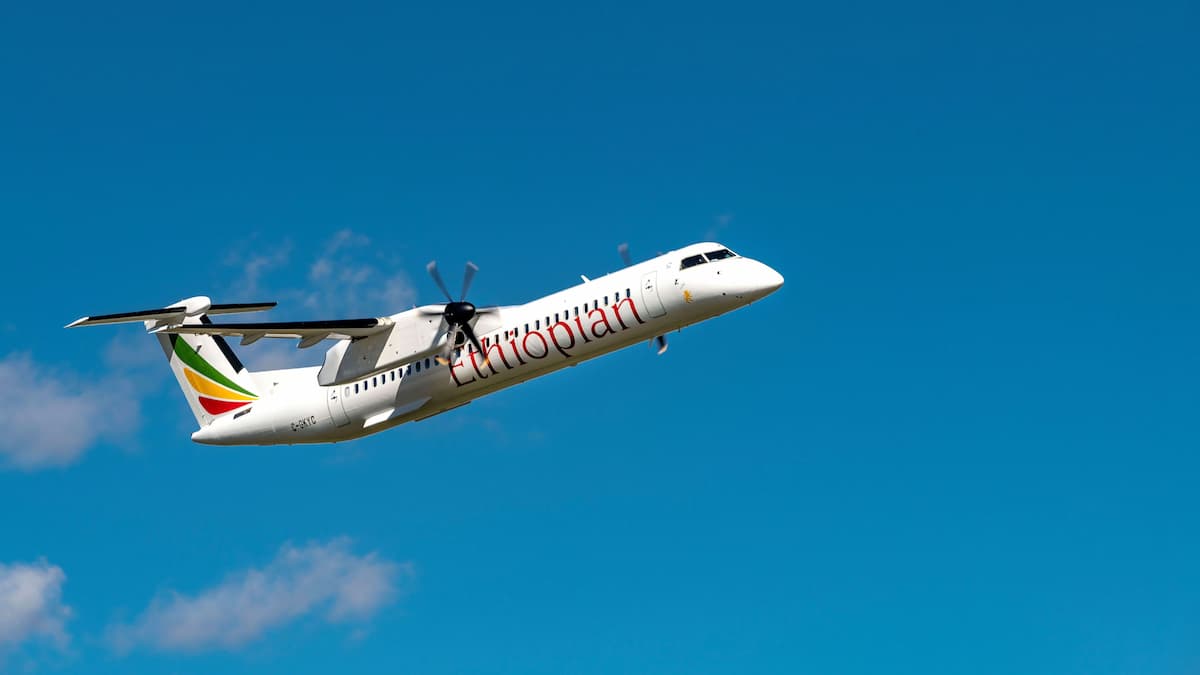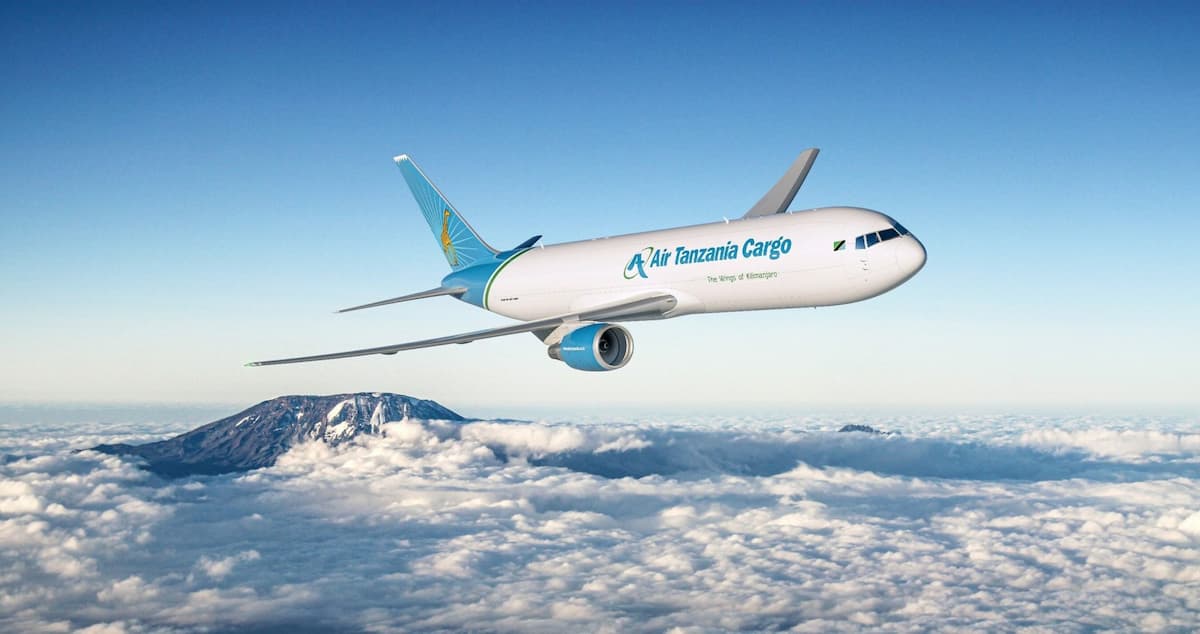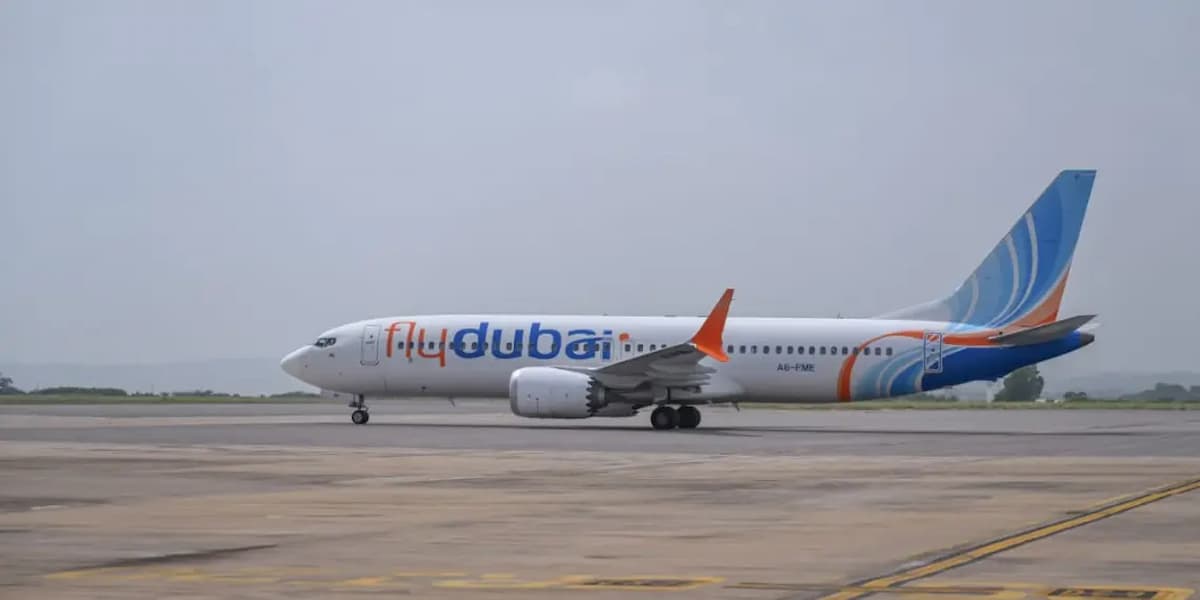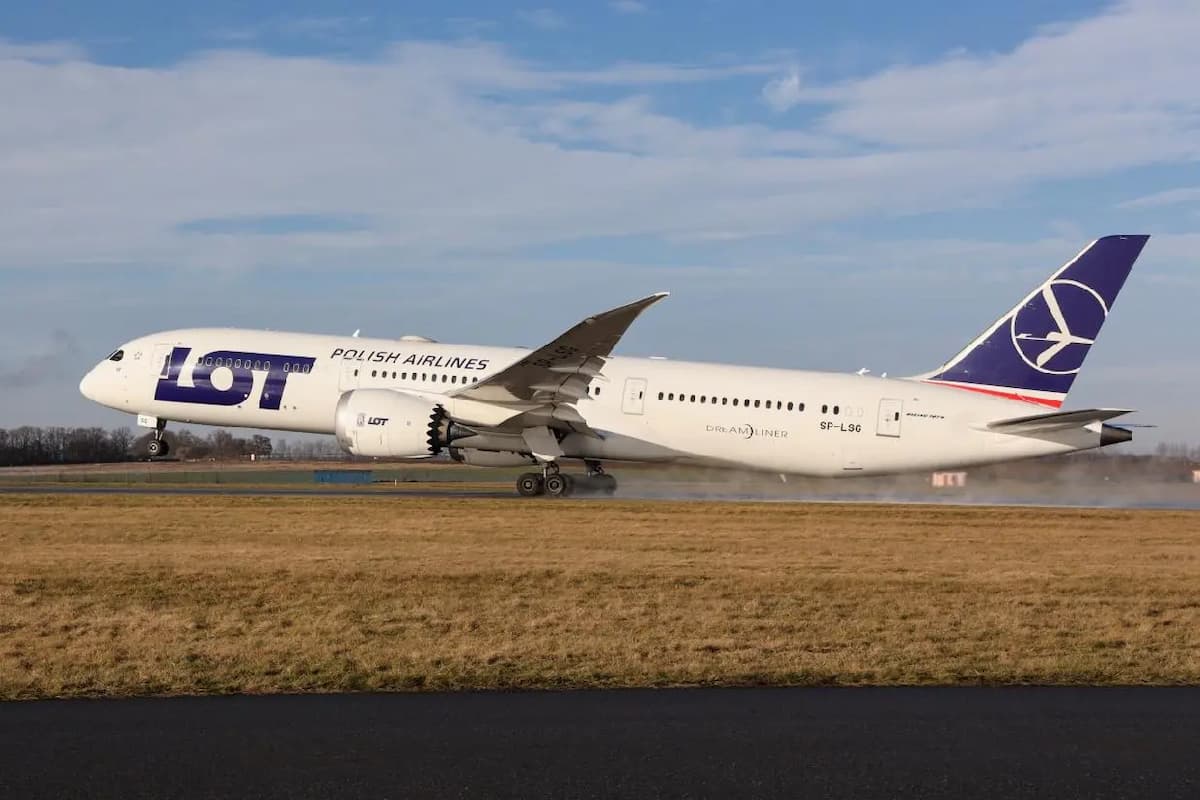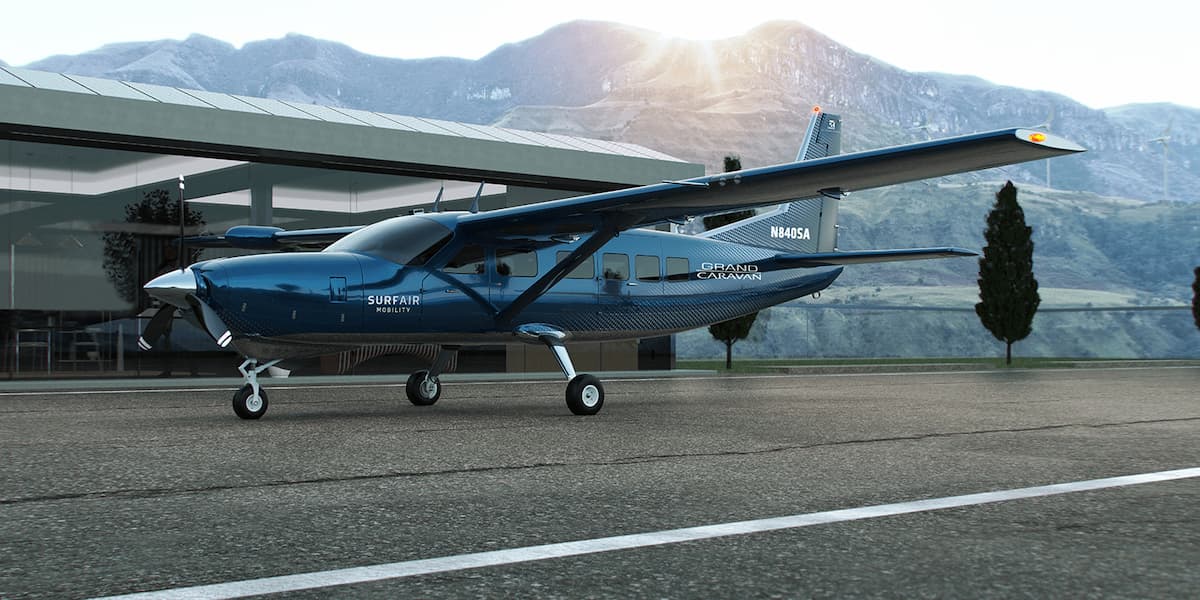The Kenyan and Ugandan governments have been urged to cut travel barriers, especially air transport, to boost tourism of the two nations.
Uganda Consul General to Kenya Paul Mukumbya said there are a lot of improvements in travel policies between the two countries.
“Right now, a Kenyan can travel to Uganda using a national identity card and a Ugandan can travel to Kenya on just a national ID. That is a very good policy that facilitates travel between the two countries,” he said.
However, despite having the existing policy documents, Mukumbya said there are still a few challenges, especially the cost of air travel.
“You can imagine it is cheaper to travel from Mombasa or Entebbe to Dubai than to travel from Uganda to Kenya, and that is why the two governments need to do more in terms of reduction on taxes on air travel,” he said.
The consul said making regional travel operate like domestic flights will cut cost and grow the number of regional tourists.
Mukumbya said people need to begin looking at air travel not as a luxury, but as a necessity.
“The two governments need to work towards making air travel much more affordable. This will facilitate much more travel within the region,” he said.
This came after the Kenya Coast tourism stakeholders formed an initiative to work with their counterparts in Uganda to improve the sector.
Partnership between the two nations started in 2022 when the first Uganda-Kenya Coast Tourism Conference and Fam Trip took place in Mombasa. Mukumbya said the Kenyan Coast has a number of tourism products, including beaches, Fort Jesus, Vasco Da Gama Pillar in Malindi, and others not found in Uganda.
In Uganda, he said, they have completely different products, including mountain gorillas, chimpanzees and adventure tourism in River Nile.
“We also have the Kampala nightlife, a very interesting product because we are the capital city of nightlife in East Africa, if not in Africa. The products are different and that is why we can work together to promote these products because they can complement one another,” he said.
Mukumbya said Kenya is Uganda’s number one source market for tourists and more Ugandans visit Kenya because it is the number two Kenya’s source market for tourists after the US.
The partnership also intends to give an opportunity to international tourists visiting the two nations to explore and have the experience of the products from both sides on the same itinerary.
“The East African Community has been talking about promoting East Africa as a single tourist destination, but for us, we are going ahead now to practically promote Uganda and Kenya as one tourism destination. And this, we think, is working because there is a lot of interest,” Mukumbya said.
He said they are also working with the private sector, including the Kenya Association of Tour Operators, the Kenya Association of Hotel Keepers and Caterers, the Kenya Coastal Tourism Association and the Kenya Association of Travel Agents.
Kenya Association of Hotel Keepers and Caterers executive officer Sam Ikwaye said the partnership is important because travel is changing and their over-reliance on the international market is good, but diversification is better.
“It is easier to do business with your neighbour because it will be stronger. Previously, we have suffered travel advisories because of insecurities and turmoil, but if we are trading and exporting so much to Uganda who rely on us for many economic issues, why not add tourism to that bouquet? That is what we are trying to do out of this arrangement,” he said. Ikwaye urged the two governments to give the business community a favourable environment.
“At times, we have seen rivalry that is not meaningful, Kenyan food stopped. Ugandan and Kenyan drivers are not allowed to go to Uganda or Tanzania. Those bilateral and diplomatic challenges or hindrances need to be addressed so we are able to allow business to thrive and so that people benefit when the economy of these regions do well,” he said. Ikwaye said there is so much to benefit than to lose when there i He said Uganda and Rwanda are emerging destinations.
“Uganda and Rwanda are emerging destinations and they are learning from us. They are even benchmarking with us and they are likely to do something even better,” Ikwaye said.
“We have been struggling in Kenya to get incentives and if you look at tax regimes, they do not support business in this country.”
He said Uganda is investing heavily in infrastructure leading to all the attraction sites and making it accessible and supportive to the tourist industry.s cooperation.
“Uganda has stakeholders that are working together. In Kenya, we have a fragmented approach where you find we have countless associations, each one of them pulling in a different direction.”
Source: The Star.

